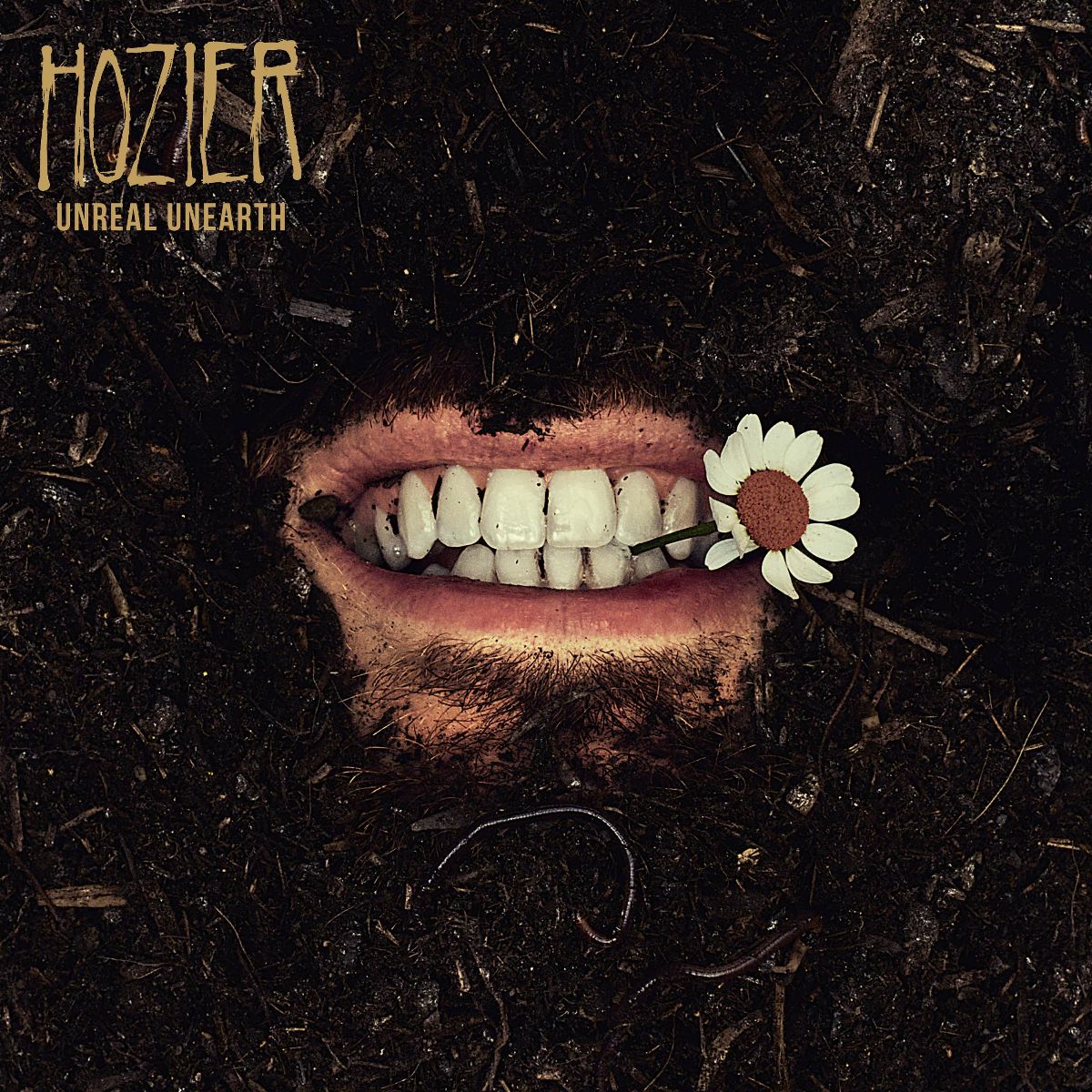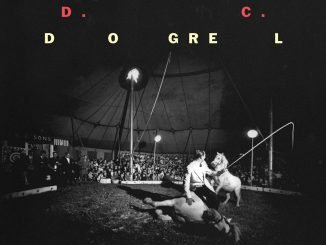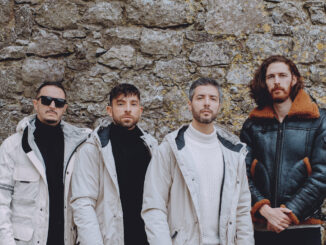
It’s hard not to be an admirer of Hozier. His songs have an innate ability to penetrate even the most cynical of hearts and strike a chord. Even if you’re not a fan, you’ll recognise and appreciate the stunning range his voice can reach or the incredible depths of meaning his writing can conjure up. That said, even I, one of the faithful followers, couldn’t help but be worried when I saw the latest album would contain 16 songs and draw inspiration from Dante Alighieri’s 14th-century epic poem, Divine Comedy.
The worry here wasn’t using the Divine Comedy as an inspiration. This is precisely the kind of intricate writing I expect from Hozier, utilising the brilliance of celebrated writers to help him get his message across. The worry came from the number 16. Usually, an album this long comes when a band or artist is past their best and releasing the Greatest Hits. Those who try albums at this length typically fail to hold your attention. Skippable fillers inevitably await avid listeners. Suddenly the jam-packed album you were waiting for becomes more like a musical game of Minesweeper; hit the wrong song, and its game over.
Thankfully, somehow, Hozier has managed to avoid this fate. Creating an album that may be 16 tracks long but somehow leaves you wishing there was more.
Drawing inspiration from an Irish novel called “The Third Policeman.” The album opens with “De Selby (Part 1).” Hozier is in a familiar place, methodically plucking his acoustic guitar, providing a serene atmosphere to compliment his voice as it sits securely in its higher register. However, the song offers a first for Hozier here, including the Irish language in his songs. The final section is beautifully sung in Irish as it leads to its climax, providing another dynamic to sink our teeth into.
Up next…? You guessed it, “De Selby (Part 2).” Following on directly from part one, the song is flipped on its head, dashing away from the Gaelic tones in part one and offering a more upbeat R&B love song. It’s a quickly evolving opening, and as Dante did with Inferno, Hozier here opens the act with a descent into darkness.
Following these comes “First Time.” Gracefully referencing the river Lethe, one of the five rivers of the underworld of Hades, according to Greek mythology. His use of this to describe the loss of love, so deep that he declares he could drink the river dry – and, according to myth, lose all memory of past experience – shows Hozier at his poetic best.
“Francesca” intently follows this up as one of the most noticeable highlights, written alongside Jennifer Decilveo; it’s sure to steal a lot of attention after release. The song, named after one-half of the doomed lovers in ‘Inferno’, is punchy, strapping us into the melody roller-coaster, flinging us around from quiet to loud, and using forceful solid rock riffs to strike home the lover’s desire. Hozier sings here in the role of Paolo at the end of his life. The song descends into a whirling storm of organs, guitars and high backing vocals before he concludes defiantly, “Heaven is not fit to house a love/ Like you and I.”
“Eat Your Young” is yet another stand-out on the album. It’s a catchy number, visiting the socio-economic climate we face today in an almost darkly comedic way. The lyrics prove to be a gruesome metaphor about power in the class system, drawing on influence from Jonathan Swift’s “A Modest Proposal” to strike the ideal satirical note.
His collaboration with Brandi Carlie is another gem on the album. “Damage Gets Done” is somewhat unfamiliar territory for Hozier, sounding more like a mix of indie and 80s pop; the song is uplifting. The two vocalists perfectly complement each other and create a festive burst guaranteed to get you hooked.
“To Someone From a Warm Climate (Uiscefhuaraithe)” sees Hozier visit the beauty of the Irish language once again to add another layer of meaning to his writing. The Irish phrase describes the state of you sensing something as cold, knowing that its coolness has come from water. Here he draws on his influences from growing up in Ireland, with its cold, wet weather, and that being something that becomes a part of you. His vocals here are stunning. They come wailing from behind a simple piano piece, creating an intense ballad, acutely romantic, something almost Elton John-esque, and quite moving to listen to.
“Unknown/nth” begins to round off the album. Hozier starts by declaring, “You know the distance never made a difference to me … I’d have walked across the floor of any sea, ignored the vastness between all that can be seen and all that we believe,”. It’s another beautifully composed love song that grabs your heart and doesn’t let go. It displays Hozier’s distinctive contrasting style of almost softly speaking his verses before wailing out the chorus with forceful vocals and a heavier distorted guitar to accompany him. The song unfurls perfectly; it’s desperately sad, wonderfully executed and beautiful to listen to.
The album finishes as The Divine Comedy does, reaching the light (or “First Light” as Hozier named his finale)—a grand number, reaching cinematic scope, with gospel undertones and a choir for good measure. The song sets out to unveil the sun from behind the heavier themes we visited before, and it does so in epic proportions. It’s reminiscent of Elbow’s “One Day Like This” and is bound to create some magical moments during his upcoming tour.





Be the first to comment